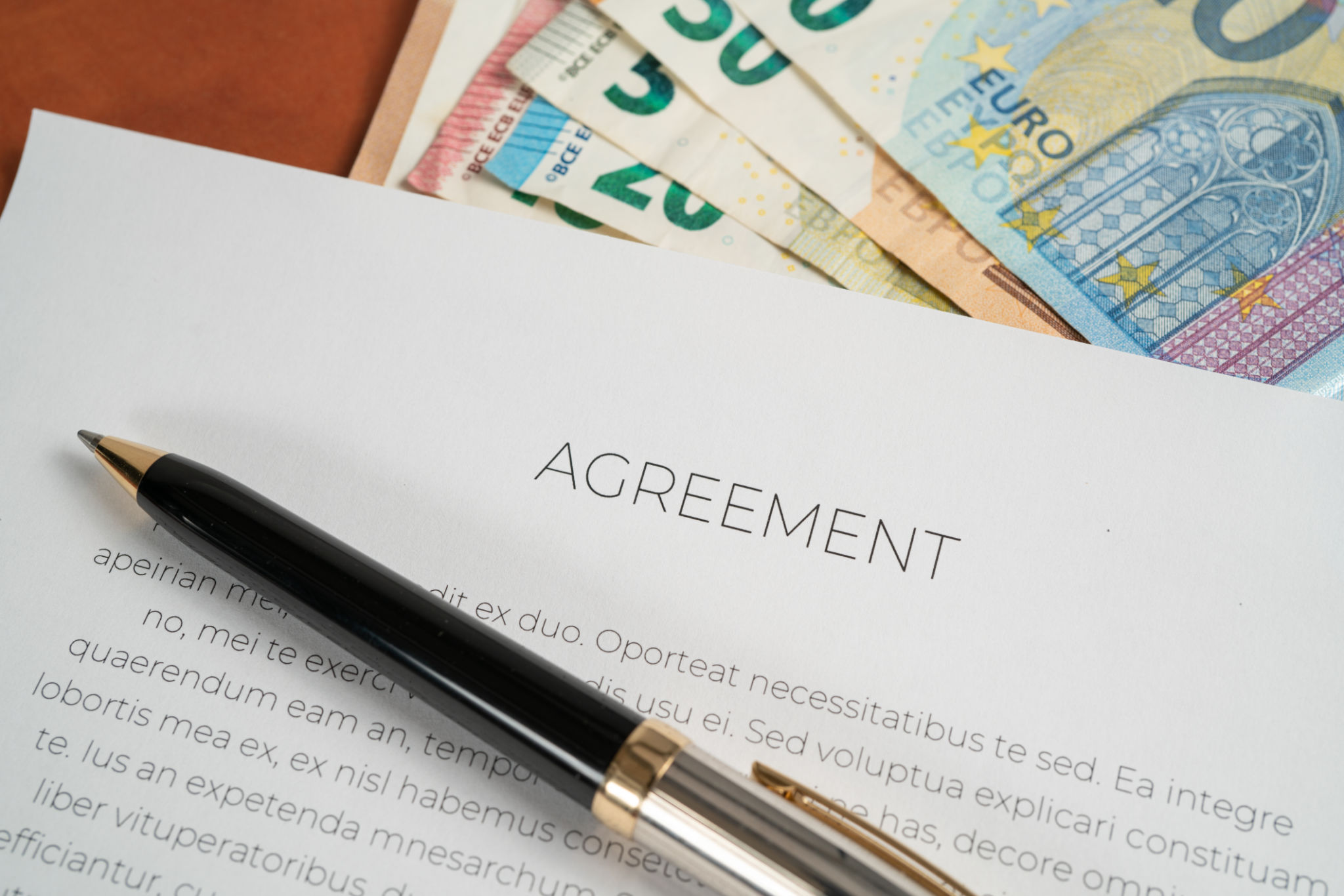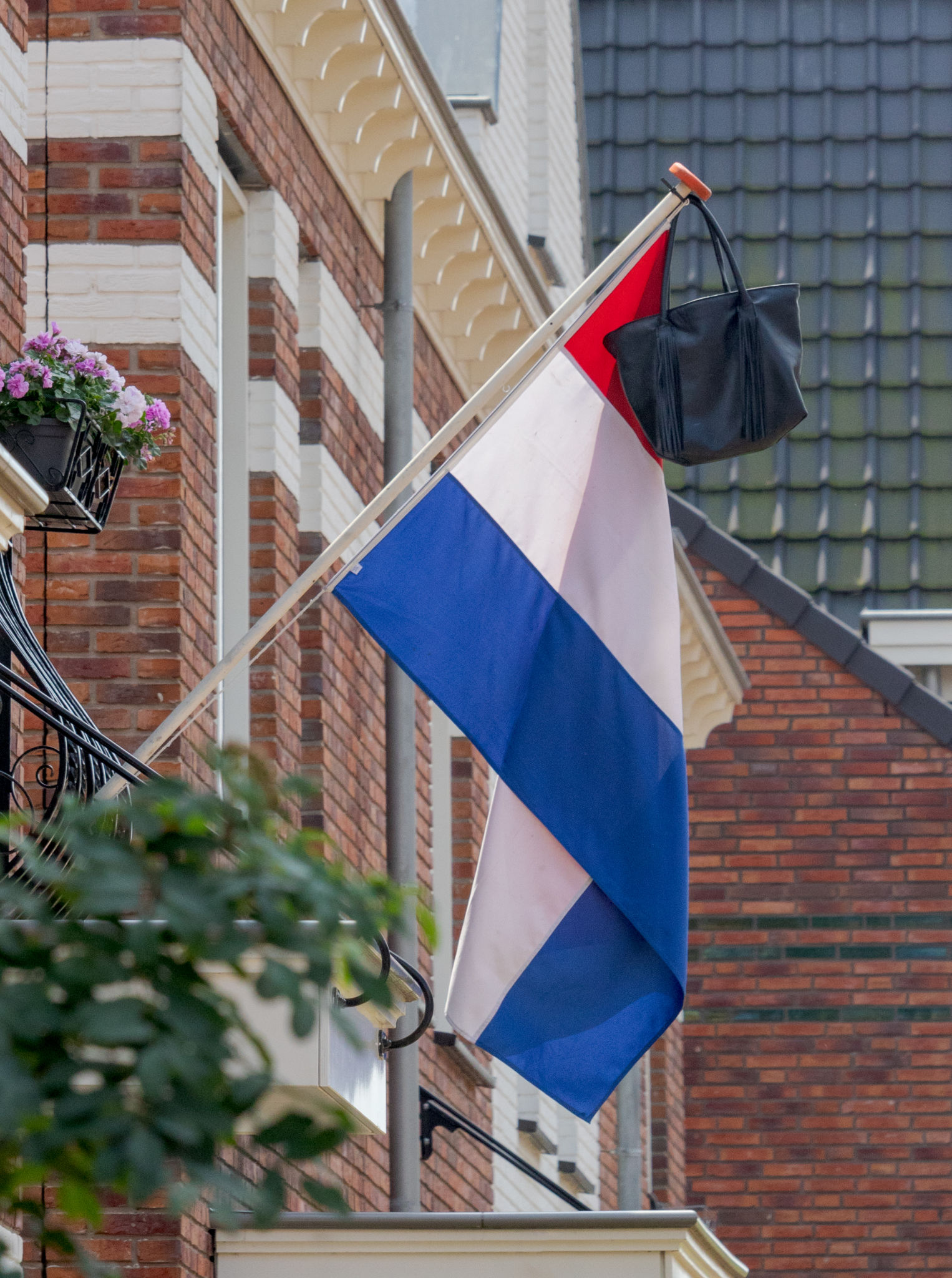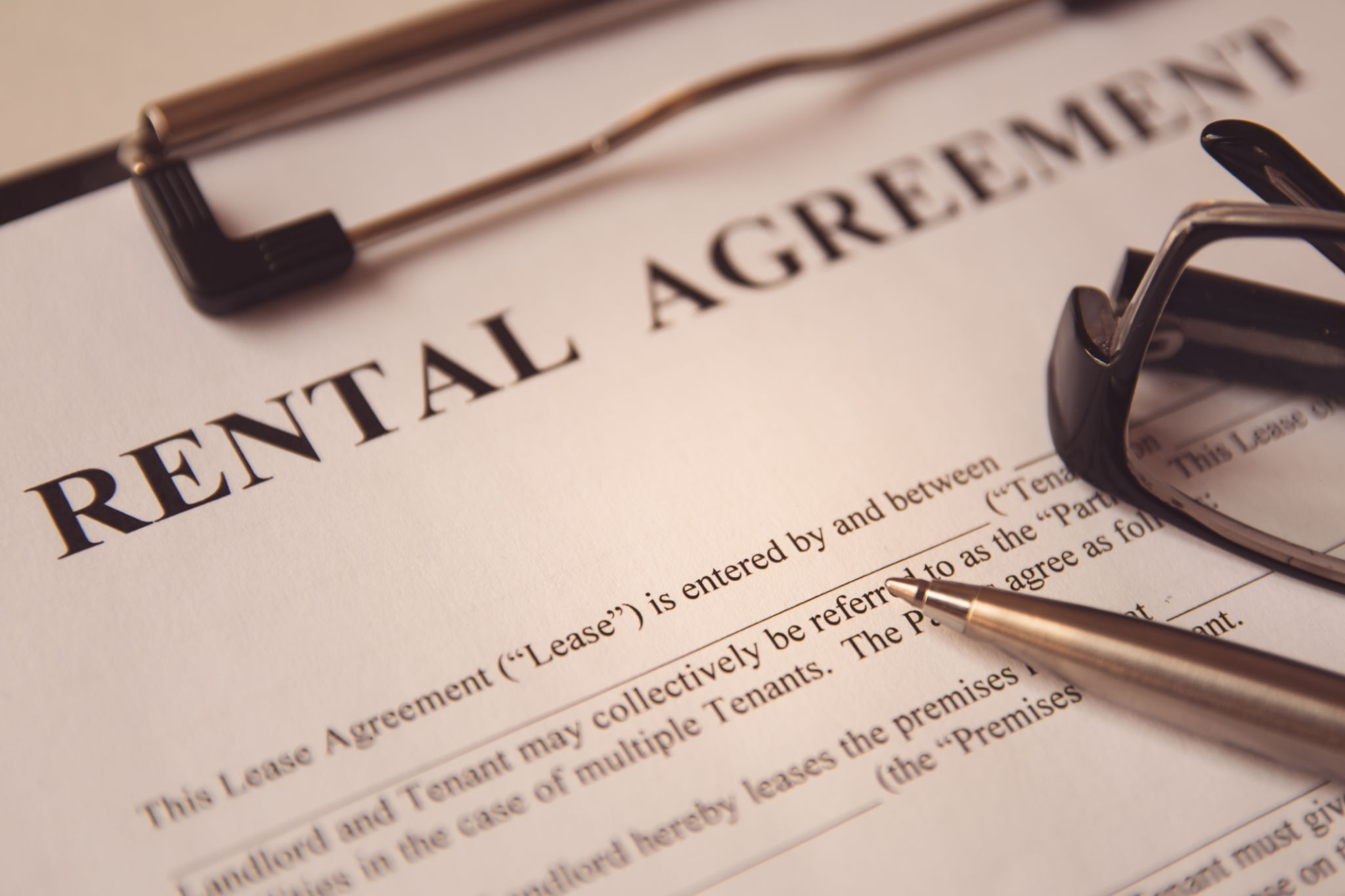Legal Rights and Responsibilities for Tenants in the Netherlands
Understanding Tenancy Agreements
When renting a property in the Netherlands, tenants must first understand the terms outlined in their tenancy agreement. This document serves as a legal contract between the tenant and the landlord, detailing responsibilities such as rent amount, payment schedule, and duration of the lease. It's crucial to read and comprehend this agreement before signing, as it forms the basis of the tenant-landlord relationship.

Tenancy agreements typically include conditions related to property maintenance and modifications. While tenants are generally responsible for minor repairs and upkeep, any significant modifications usually require the landlord's consent. It's advisable for tenants to ensure that all verbal agreements are documented in writing to avoid potential disputes.
Tenant Rights
Tenants in the Netherlands enjoy a range of rights designed to protect them from unfair practices. One of the fundamental rights is the right to a safe and habitable living environment. Landlords are obligated to ensure that the property is in good condition and complies with health and safety regulations.
Another critical right is the protection against unlawful eviction. Tenants can only be evicted with a court order, and landlords must provide valid reasons for termination, such as breach of contract or personal use of the property. Additionally, tenants have the right to privacy, meaning landlords must provide notice before entering the property.

Rent Control and Increases
The Dutch rental market is subject to strict rent control laws, especially for properties in the social housing sector. These laws regulate initial rent prices and subsequent rent increases. For private sector rentals, landlords can increase rent annually but must adhere to a legally defined maximum percentage.
If a tenant believes that a rent increase is unjustified, they have the right to contest it through the Rent Tribunal (Huurcommissie). This governing body provides an accessible way for tenants to resolve disputes over rent increases without requiring legal representation.
Responsibilities of Tenants
In addition to rights, tenants also have specific responsibilities. These include timely payment of rent, maintaining the property in good condition, and adhering to community living standards. Tenants are expected to report any major issues or repairs needed to the landlord promptly.

Moreover, tenants should respect neighbors by minimizing noise and following building rules. Failure to meet these responsibilities can lead to penalties or, in severe cases, eviction proceedings initiated by the landlord.
Resolving Disputes
Disputes between tenants and landlords are not uncommon. However, there are structured processes to resolve them effectively. Mediation is often recommended as a first step, offering both parties a chance to come to an amicable agreement.
For more serious issues, tenants can seek assistance from legal aid organizations or take their case to the Rent Tribunal or civil court. It's essential for tenants to document all communications and maintain records related to their tenancy, as these can be critical in dispute resolution.

